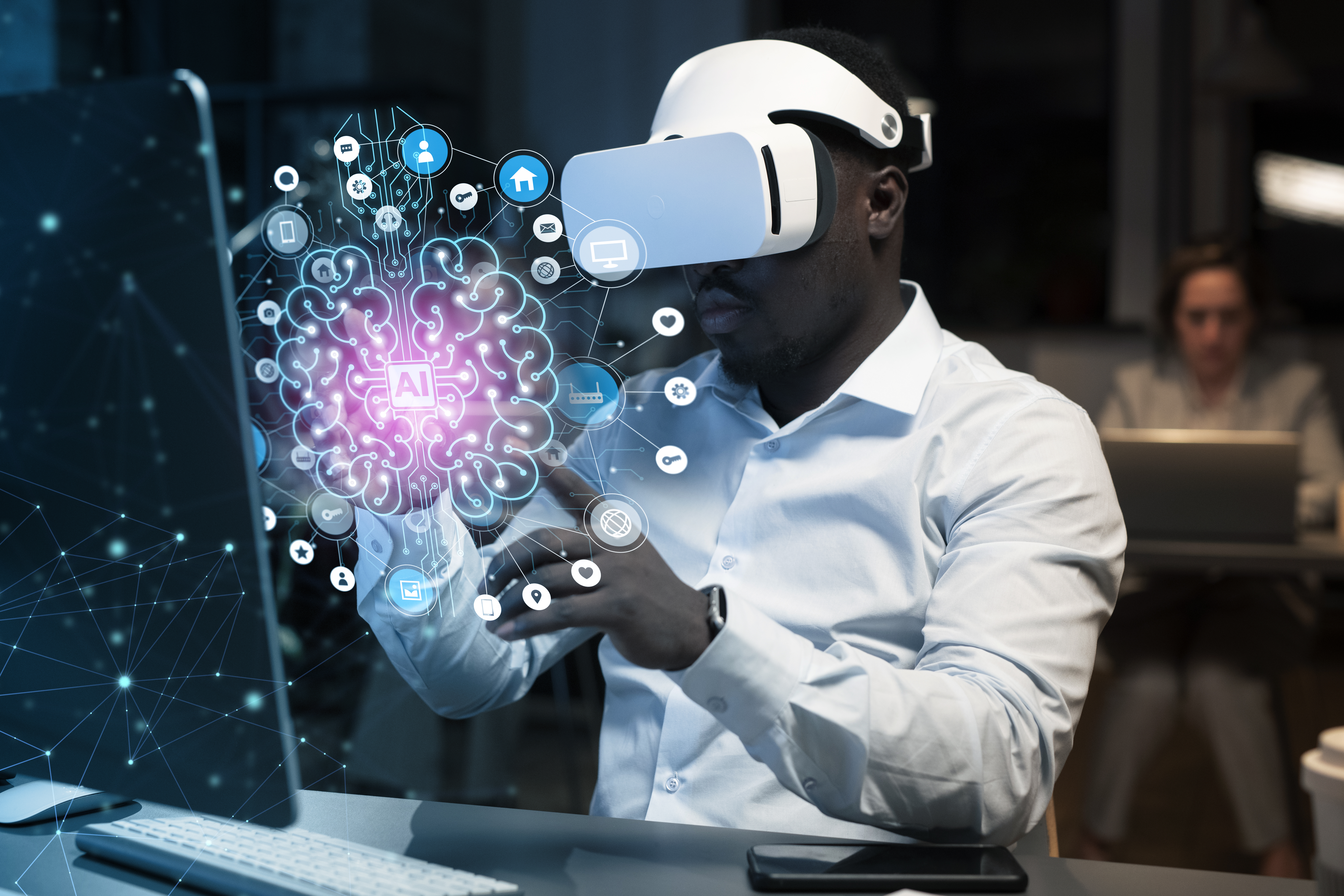
Navigating the Impact of Artificial Intelligence on Our Future
9jatechbros
- 1
- 33
Introduction to Artificial Intelligence
Artificial Intelligence (AI) is a branch of computer that aims to create intelligent machines capable of performing tasks that typically require human intelligence. The history of AI dates back to the 1950s, with significant advancements in recent years leading to the widespread adoption of AI technologies across various industries.
Current applications of AI technology range from virtual like Siri and Alexa to self-driving cars, recommendation systems, and predictive analytics. These advancements have fundamentally transformed the way we interact with technology and have sparked discussions about the implications of AI on our future.

The Economic Impact of Artificial Intelligence
The economic impact of AI is a topic of hot debate, with concerns about job displacement versus job creation at the forefront. While AI has the potential to automate routine tasks and increase productivity, there are fears that it could lead to widespread job loss in certain sectors. However, AI also presents opportunities for economic transformation across industries, driving innovation and efficiency.
The implications for global markets are vast, with AI-powered solutions enabling businesses to make data-driven decisions, enhance customer experiences, and optimize supply chain operations. As AI continues to evolve, it will play a crucial role in shaping the future of work and the global economy.

Ethical and Social Implications of Artificial Intelligence
AI technology raises significant ethical and social concerns, particularly around privacy and data security. The use of AI algorithms in decision-making processes has been linked to bias and discrimination, highlighting the need for ethical guidelines in AI development.
Moreover, AI has the potential to shape societal norms and values, influencing everything from healthcare and education to law enforcement and media. As we navigate the complexities of an AI-driven future, it is essential to address these ethical and social implications to ensure responsible innovation.

Environmental Impact of Artificial Intelligence
The environmental impact of AI is another critical consideration, with concerns about the energy consumption of AI systems. Sustainable practices in AI development, such as optimizing algorithms and hardware, can help mitigate the environmental footprint of AI technologies.
Furthermore, AI has the potential to address climate change challenges by analyzing vast amounts of data and optimizing resource allocation. By leveraging AI for environmental sustainability, we can create a more eco-friendly future for generations to come.
Future Trends in Artificial Intelligence
Advancements in machine learning and deep learning are driving the future of AI, enabling more sophisticated applications and capabilities. The rise of autonomous systems, such as drones and robots, is revolutionizing industries like transportation, healthcare, and manufacturing.
The integration of AI in everyday life is becoming increasingly prevalent, with smart devices, personalized recommendations, and intelligent automation systems becoming the new norm. As AI continues to evolve, it is essential to stay informed about the latest trends and developments in the field.

Conclusion
In conclusion, the impact of artificial intelligence on our future is vast and multifaceted. From economic transformations and ethical considerations to environmental sustainability and future trends, AI is reshaping the way we live and work. As we navigate this AI-driven future, it is crucial to prioritize ethical guidelines and sustainable practices to ensure responsible innovation and a brighter tomorrow.
FAQs
+ How will AI impact job sectors that rely on human labor?
+ What measures are being taken to address the ethical concerns surrounding AI technology?
+ How can individuals prepare for a future increasingly influenced by artificial intelligence?




Thanks for sharing. I read many of your blog posts, cool, your blog is very good.